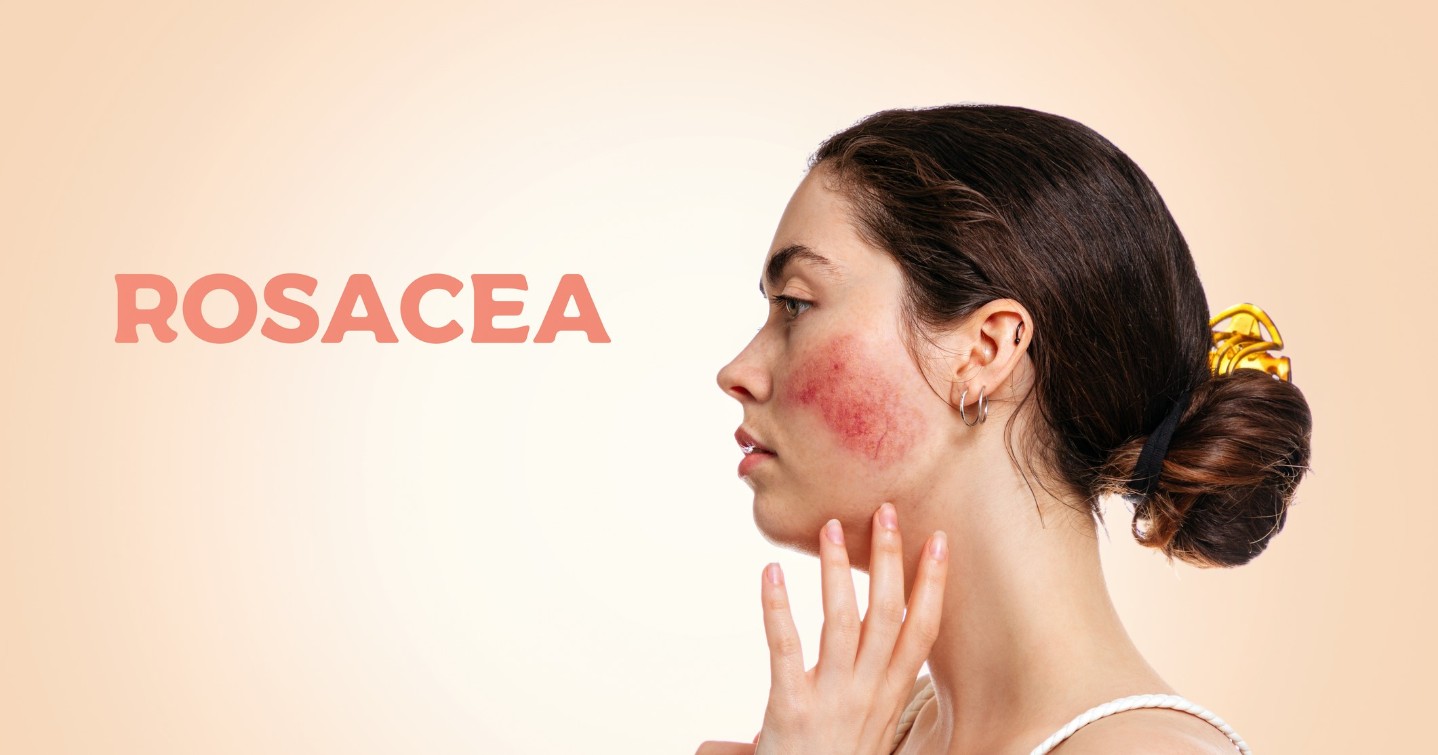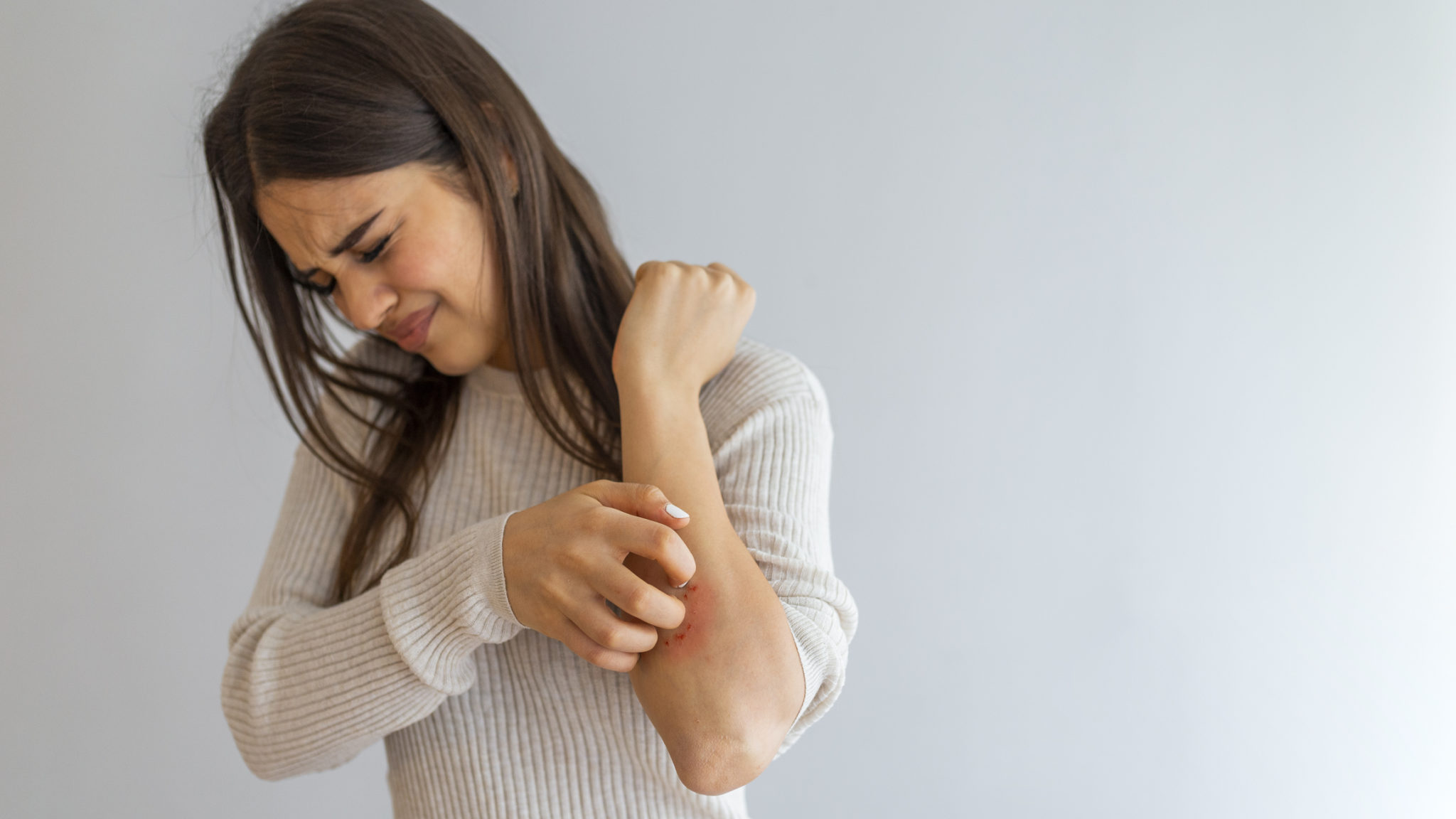Rosacea. It's a word that might sound vaguely familiar, but if you're reading this, chances are you're dealing with it firsthand. This chronic skin condition, characterized by facial redness, visible blood vessels, and sometimes small, pus-filled or red bumps, can be a real confidence killer. But don't despair! Understanding rosacea is the first step towards managing it and reclaiming your skin.
What exactly is Rosacea?
Rosacea is a long-term inflammatory skin condition that primarily affects the face. While it can affect anyone, it's most common in fair-skinned women between the ages of 30 and 50. The exact cause of rosacea remains a mystery, but genetics, environmental factors, and even the presence of certain microorganisms are thought to play a role.
Signs and Symptoms: More Than Just a Blush
Rosacea isn't just about a rosy complexion. Symptoms can vary from person to person and can fluctuate in severity. Here are some common signs to watch out for:
- Persistent Facial Redness: This is often the most noticeable symptom, resembling a blush or sunburn that doesn't go away.
- Visible Blood Vessels (Telangiectasia): Small, broken blood vessels become visible on the nose, cheeks, and chin.
- Bumps and Pimples: Small, red, pus-filled bumps can appear, often resembling acne.
- Burning or Stinging Sensation: The skin may feel sensitive, burning, or stinging.
- Enlarged Nose (Rhinophyma): In severe cases, the skin on the nose can thicken and become enlarged, more common in men.
- Eye Problems (Ocular Rosacea): Rosacea can also affect the eyes, causing dryness, irritation, redness, and even blurred vision.
Triggers: The Culprits Behind the Flare-Ups
One of the biggest challenges of managing rosacea is identifying and avoiding your personal triggers. These are factors that can exacerbate your symptoms and cause flare-ups. Common triggers include:
- Sun Exposure: UV rays are a major trigger for many people with rosacea. (Another great reason to wear sunscreen!)
- Heat: Hot weather, saunas, and hot baths can worsen redness.
- Spicy Foods: Spicy dishes can dilate blood vessels and trigger flare-ups.
- Alcohol: Red wine is a particularly common trigger.
- Stress: Emotional stress can contribute to rosacea symptoms.
- Certain Skincare Products: Harsh soaps, exfoliants, and products containing alcohol or fragrance can irritate sensitive skin.
- Wind and Cold Weather: Extreme temperatures can irritate the skin.
- Certain Medications: Some medications, such as topical steroids, can worsen rosacea.
Managing Rosacea: Taking Control of Your Skin
While there's no cure for rosacea, there are effective ways to manage the symptoms and minimize flare-ups. Here's a breakdown of strategies:
- See a Dermatologist: A dermatologist can properly diagnose rosacea and recommend the best treatment plan for your specific needs.
- Topical Medications: Prescription creams and gels containing ingredients like metronidazole, azelaic acid, or ivermectin can help reduce inflammation and redness.
- Oral Medications: In some cases, oral antibiotics or other medications may be prescribed to control inflammation.
- Laser Therapy: Laser treatments can help reduce redness and visible blood vessels.
- Gentle Skincare Routine:
- Cleanse: Use a gentle, fragrance-free cleanser.
- Moisturize: Apply a hydrating, non-comedogenic moisturizer to protect the skin barrier.
- Sunscreen: Wear a broad-spectrum sunscreen with an SPF of 30 or higher every day, even on cloudy days.
- Identify and Avoid Triggers: Keep a diary to track your flare-ups and identify potential triggers.
- Stress Management: Practice relaxation techniques like yoga, meditation, or deep breathing to manage stress.
- Dietary Changes: Consider eliminating or reducing your intake of spicy foods, alcohol, and other potential dietary triggers.
You're Not Alone!
Living with rosacea can be challenging, but remember that you're not alone. Millions of people around the world are dealing with the same condition. By understanding your triggers, following a consistent skincare routine, and working with a dermatologist, you can effectively manage your rosacea and feel more confident in your skin.
Reach out to your provider with more questions.





